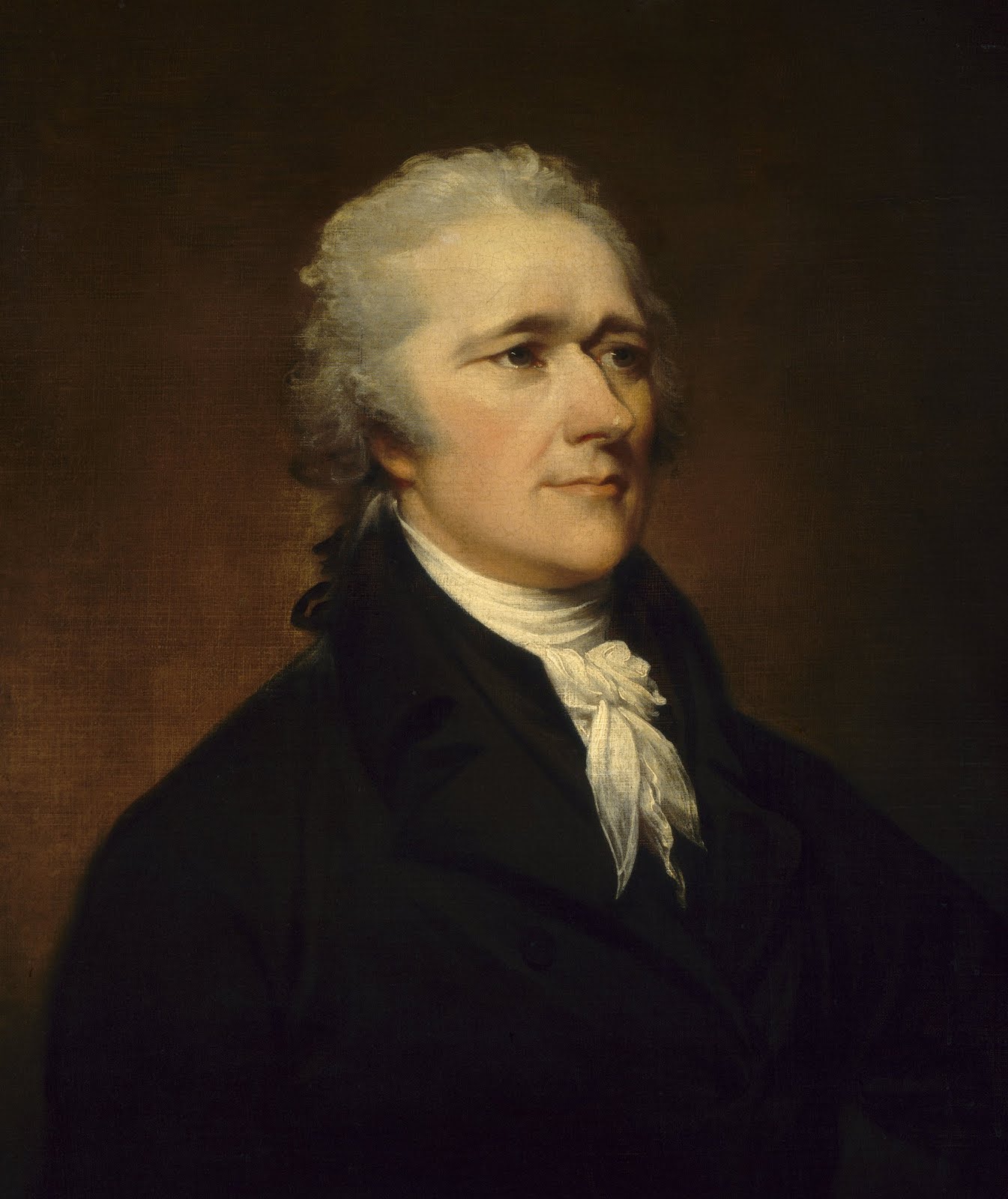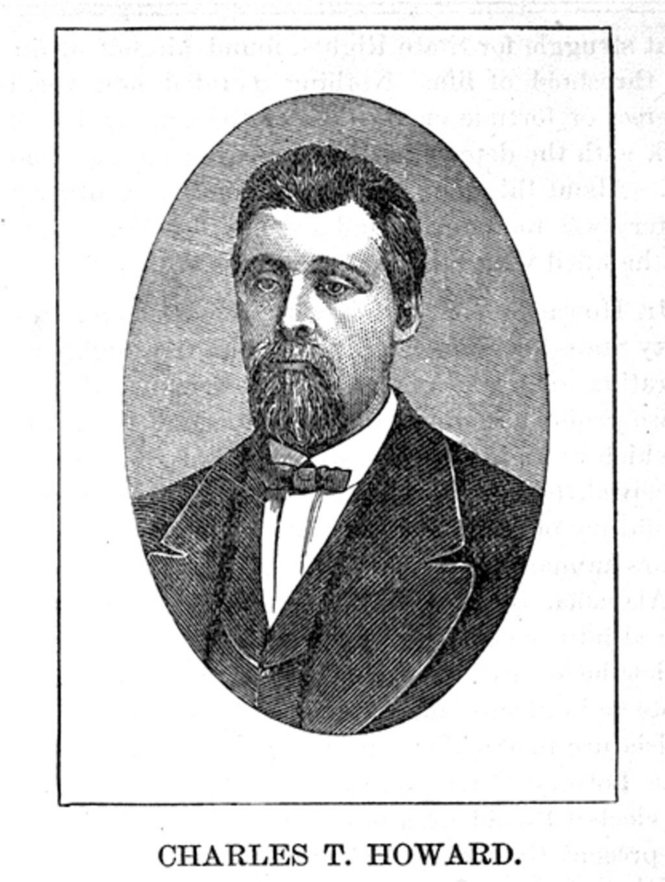History time!!! So you know how everyone is going crazy with the big lottery drawing scheduled for tonight (the reason for this post being a day early)? It got me thinking about how lotteries started and how the game has evolved over the years.

As you know, I love American Colonial/Revolutionary history. While lotteries began in China before the birth of Christ, I was more interested in learning about the evolution of the lottery in the US, and I was not disappointed.
 Lotteries were chiefly used to raise money for a variety of ventures, rather than for a private citizen to make it rich. A lottery run by the Virginia Company of London in 1612 helped raise money to settle the colonists in Jamestown, Virginia. Many early universities (Princeton, Yale, University of Pennsylvania) used lotteries to fund the construction of buildings in the 18th century.
Lotteries were chiefly used to raise money for a variety of ventures, rather than for a private citizen to make it rich. A lottery run by the Virginia Company of London in 1612 helped raise money to settle the colonists in Jamestown, Virginia. Many early universities (Princeton, Yale, University of Pennsylvania) used lotteries to fund the construction of buildings in the 18th century.
Founding Fathers
George Washington attempted to sponsor a lottery in 1767 to build a road leading to a resort. Fun, right? Unfortunately Washington’s plan didn’t pan out because there were too many other lotteries going on at the time…and the king banned lotteries that year. The lottery did eventually go ahead (once legal again) without Washington’s help. But then people weren’t into it because 85% would go to the winner with the remainder being kept for the project – apparently 15% was too much, but imagine how they would feel today with the amount that gets taken out in taxes alone?
Earlier in 1747, Ben Franklin used a lottery to raise money to buy cannons to protect Philadelphia. With his printing press producing pamphlets and his promotion of the game, the Philadelphians came as near to selling out in seven weeks as the New England lotteries did in seven months.
Oh, but let’s not forget about good old Thomas Jefferson (I have complicated feelings about him, but here’s another reason why he is far from my favorite). Jefferson had the grand idea of using a lottery to pay off his debts. In the year of his death he petitioned the Virginia State Legislature for permission to run a lottery for the aforementioned purpose, writing that “Far from being immoral, they [lotteries] are indispensable to the existence of man.” Really, Tom? His heirs were able to hold the lottery after his death, but it was unsuccessful to tackle his mountain of debt.
Even Alexander Hamilton was in on the scheme. As you may remember, the Americans were pretty upset about the whole taxes thing, so even if they were represented in their own country it still was not widely accepted that taxes should be used to pay for public projects – so they used lotteries instead. As Hamilton put it “Everybody … will be willing to hazard a trifling sum for the chance of considerable gain … and would prefer a small chance of winning a great deal to a great chance of winning little.”
Scandal
Things did get quite out of hand in the 1800s in Louisiana. From the founder of the Louisiana Lottery getting a 25 year charter to be the only gambling outlet in the state (by paying off the state, naturally), to paying more “reputable” men to host the drawings (former Confederate generals), to the company keeping the unsold tickets and actually winning the prize, Louisiana inspired other states to stop lotteries all together.
But get this, the whole thing started when Charles T. Howard was sent to Louisiana from Kentucky with $50,000 from a company he was supposed to get a lottery charter on behalf of. Well, once he paid off the legislature and got the charter, he got local partners instead and abandoned the original company that gave him the money.
Now that old Charlie was a good corrupt and influential man in Louisiana, he wanted to become part of the Metairie Jockey Club, but was denied membership. He got the last laugh when he bought the race course years later, turned it into a cemetery, and then was buried in the center. That’ll show ’em.
Litigation
Ok, last one (this post is ending up far longer than I expected). A lottery brought up the issue of federal courts reviewing decisions made in state courts in 1821. When the federal government created the National Lottery, Virginia had already passed a law to prevent the sale of out of state lottery tickets. A highly regarded lottery company in Virginia sold tickets to the National Lottery and was charged by local authorities with breaking the only-Virgina-lottery-tickets law. The brothers who owned the company sued and the issue made its way to the Supreme Court. Ultimately the Supreme Court said that federal courts could review decisions made by state courts on federal law, and Cohens v Virginia went into the history books.
There you have it, a select history of lotteries in the United States. From founding father fails, to double-crossing men, to Supreme Court rulings, lotteries have played a major role in American development. Best of luck to everyone who is playing!
Follow



Leave a Reply